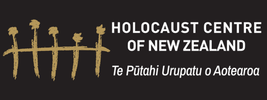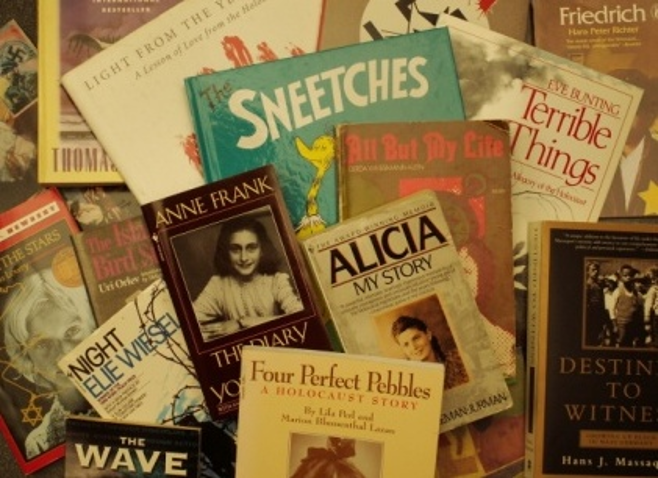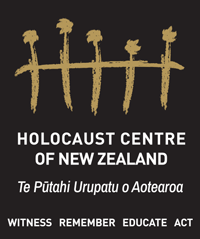Holocaust Media Studies
Topics
- Using first-hand accounts (diaries; memoirs; poetry) to understand the holocaust
- Using historical fiction to understand the Holocaust
- Examining historical accuracy and author’s perspective
- Depicting the Holocaust: Film & Testimony
Key Information
Students examine how the Holocaust, antisemitism, and the events involved are translated from a “massive historical process to a series of events which directly affected the life of the individual.” Students learn how to examine the events that occurred through the lens of the author as well as understanding the life-long impact these events had on the future development of the author (in non-fiction literature). Through historical fiction accounts of the Holocaust, students learn to establish a line of reasoning with author intent to explain the atrocities. Key to understanding historical fiction, students will learn to establish historical fact from the author’s use of a fictional story to drive the understanding.
duration
2 hours, optional 30-minute presentation on Judaism and tour of synagogue
cost
$5 +GST per student for programme in the centre
$8 +GST per student for programme outreach
$8 +GST per student for programme outreach
curriculum links
- English Level 6/7/8: Show a developed understanding of how texts are shaped for different purposes and audiences.
- English Level 6/7/8: Show a developed understanding of ideas within, across, and beyond texts.
- English Level 6/7/8: Integrate sources of information, processes, and strategies purposefully and confidently to identify, form, and express increasingly sophisticated ideas.
- English Level 6/7/8: Show a developed understanding of how to shape texts for different audiences and purposes.
- English Level 6/7/8: Select and use a range of language features appropriately for a variety of effects.
- History Level 6: Understand how the causes and consequences of past events that are of significance to New Zealanders shape the lives of people and society.
- History Level 7: Understand how the processes that shape natural and cultural environments change over time, vary in scale and from place to place, and create spatial patterns.
- History Level 7: Understand how people’s perceptions of and interactions with natural and cultural environments differ and have changed over time.
- History Level 8: Understand how interacting processes shape natural and cultural environments, occur at different rates and on different scales, and create spatial variations.
about programme
This programme is designed to augment reading within the classroom. Students are taught to critically examine texts through the lens of a storyteller and historian. Students should come to this programme already having read or in the midst of reading a test, non-fiction or fiction, about the Holocaust. Guided by the educator, students will learn how the use of literature has been adapted to bring the Holocaust lessons in an easier format to “explain the inexplicable.”



